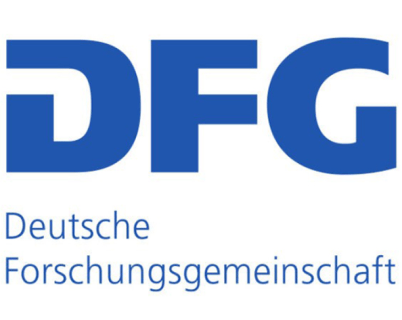DFG funds new project at the Pattern Recognition Lab on deep learning–based CBCT reconstruction
The Pattern Recognition Lab at Friedrich-Alexander-Universität Erlangen-Nürnberg (FAU) has received funding from the Deutsche Forschungsgemeinschaft (DFG) for a new research project entitled “Deep-Learning-basierte CBCT-Rekonstruktion beliebiger Trajektorien”. The project, led by Professor Dr.-Ing. Andreas Maier, will run for 36 months with a funding volume of 324,459 Euro.
The research aims to develop next-generation algorithms for cone-beam computed tomography (CBCT) that can efficiently handle arbitrary imaging trajectories. While conventional reconstruction methods are tailored to circular orbits, the new approach will leverage deep learning and known-operator models to significantly accelerate reconstruction and improve image quality for non-standard trajectories. This work addresses a critical gap in the deployment of flexible imaging geometries, which hold high potential for both industrial and medical applications.
The project will be carried out at FAU’s Pattern Recognition Lab and is supported by a strong network of academic collaborators. Expertise from Technische Hochschule Deggendorf and Stanford University will play an important role in testing and validating the developed algorithms on state-of-the-art imaging systems. Within FAU, the team benefits from the computational infrastructure of the Regional Computing Center Erlangen (RRZE) and the lab’s own high-performance resources.
Reviewers highlighted the originality and high scientific significance of the project, praising its potential to advance CT image formation and open new clinical and industrial applications. They also commended the lab’s commitment to open science by making the algorithms and datasets available to the research community.
Professor Maier emphasizes: “This project allows us to extend our long-standing research on machine learning for medical imaging towards reconstruction techniques that are not limited to circular scan paths. This will enable more flexible imaging, with benefits ranging from dose optimization to novel clinical applications.”
The Pattern Recognition Lab and FAU look forward to the fruitful collaborations and scientific advances that will result from this DFG-funded project.
